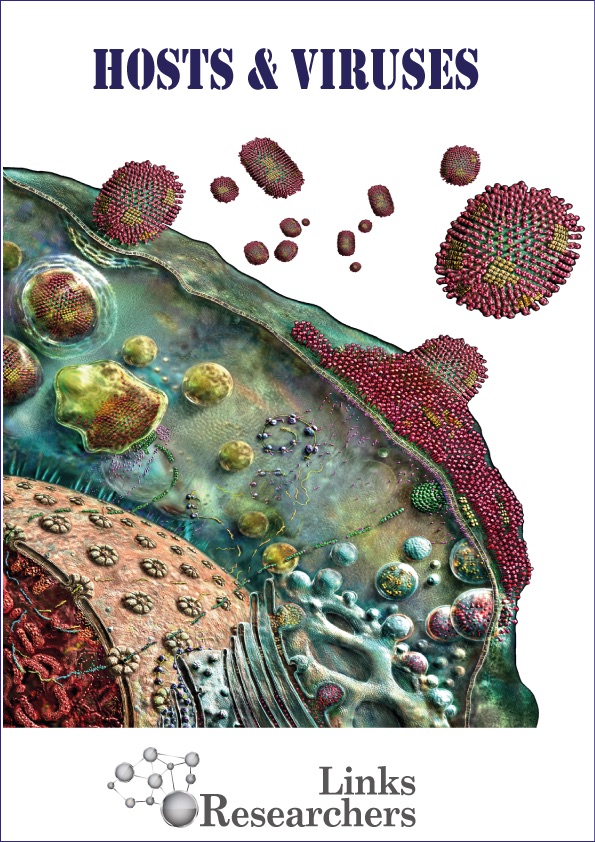Mortality Rate and Antibiotic Resistant of the Secondary Bacterial-Infection in SARS-CoV-2 Patients
Mortality Rate and Antibiotic Resistant of the Secondary Bacterial-Infection in SARS-CoV-2 Patients
Ahmad Shandookh Hameed1, Ali Abd Kadhum2 and Murtada Wafi Beden1*
ABSTRACT
The main concern for SARS-CoV-2 patients is developing a bacterial secondary infection that could lead to an over whelming infections which very difficult to counteract during the course of the infection. The primary aim of the study at evaluating the most common secondary pathogens ,their antibiotic resistant profile and mortality rate of SARS-CoV-2 patients. A total of 41 patients with ventilator associated pneumonia of whom 23 were confirmed positive. for SARS-CoV-2 (infectious group) and 18 were tested negative for SARS-CoV-2 (non-infectious), were recruited in this study during the period from February to September 2022 at Al-Hussein. Teaching Hospital in Thi-Qar province, Iraq. Endotracheal aspirate samples were collected for the presence of microbes, using traditional cultivation methods along with antibiotic susceptibility testing for cultivated microbes. Using online sequential organ failure assessment score calculator to predict the outcome of the patients involved. A total of 41 patients the in I.C.U. suffers ventilator-associated pneumonia in this study, of whom 23 were infectious and 18 were non-infectious. The infectious group had higher sequential organ failure (SOFA) scores (p<0.05) and more Acinetobacter infections than the non-infectious group. The overuse of broad-spectrum antibiotics in treating bacterial co-infections, especially in intensive care units, is the main reasons of Multi drugs resistance (MDR) bacterial infections. These infections can worsen the clinical outcomes of SARS-CoV-2 patients, resulting in prolonged hospital stays, the need for mechanical ventilation, and higher mortality rates. Additionally, weakened immune systems due to viral infections can also make individuals more susceptible to MDR bacterial infections.
To share on other social networks, click on any share button. What are these?






